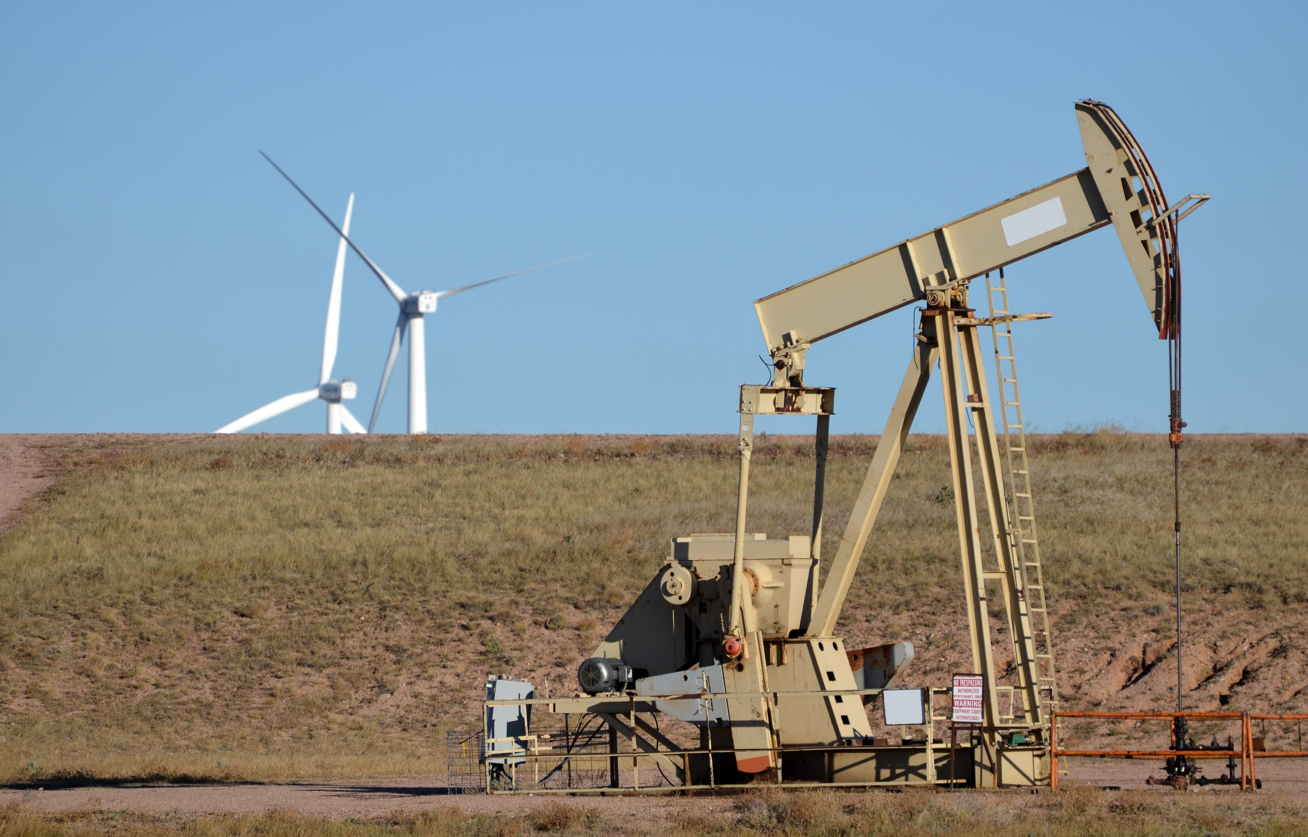Energy humanism is a philosophy that seeks to reconcile humanity’s growing need for energy with the pressing need to preserve the natural world. It is not just about watts and grids; it is about ensuring that the pursuit of energy improves, rather than harms, the lives of 4 billion people living in energy poverty.
Energy humanism is a powerful force for good. While technological leaps and purported climate crises are everywhere in the daily news, there is a quiet revolution occurring beneath the surface of the environmental debate. This community believes that we can power the world without dehumanizing or denuding it?
Energy humanism starts with a simple premise: energy is not an end, but a vital means. It is the lifeblood of modern civilization – lighting homes, driving industry, connecting continents – but its production and use must serve human flourishing, not just efficiency and profit.
This stands in contrast to two prevailing extremes: the technocratic obsession with limitless growth, which often tramples communities and ecosystems, and the ascetic environmentalism that sometimes romanticizes scarcity, ignoring the real needs of billions. Energy humanism charts a middle path, demanding that energy systems prioritize people – especially the vulnerable – while respecting our environmental limits.
Consider the numbers – as of 2025, more than 4 billion people, mostly in sub-Saharan Africa, Asia, and South America, lack adequate access to electricity. For them, energy is not an abstract debate – it is the difference between a child studying by candlelight or an LED bulb; a woman slaving away in dirty interior air or a woman fully engaged in the world; a clinic refrigerating medicine or letting it spoil.
Meanwhile, in the developed world, energy overuse fuels waste and emissions, with the average U.S. citizen consuming 12,000 kWh annually compared to 300 kWh in Ethiopia. Energy humanism sees this disparity not as inevitable, but as a call to action; universal access to clean, reliable power is a moral imperative, not a luxury.
Technology plays a starring role, but it is not the whole story. If energy is hoarded by elites or weaponized by states, it is no humanist triumph. Similarly, renewables such as wind and solar are hailed as democratic – sunlight and breezes are free – but their supply chains often lean on cobalt mined by exploited workers in the Congo. Energy humanism demands we look beyond the turbine or panel to the human cost upstream and the human benefit downstream.
Beyond policy and tech, energy humanism touches something deeper; our relationships with nature and each other. Hydrocarbon resources (e.g., coal, oil, natural gas) brought us products with high energy density to burn for fuel. Renewables promise a softer touch – harnessing sun and wind feels less destructive – but they are still tools, not saviours.
A humanist lens reminds us that energy systems should foster community, not fracture it. Rooftop solar co-ops in Germany, where neighbours pool resources, embody this, as do Indigenous-led hydropower projects in Canada that blend tradition with innovation.
What does this look like in practice? It is less about picking winners – solar versus nuclear, wind versus hydrogen – and more about designing systems that fit human realities. Small-scale solar microgrids in rural India, for instance, empower villages without waiting for sprawling infrastructure, delivering light and opportunity at a fraction of the cost. In cities, energy humanism might mean retrofitting buildings for efficiency, cutting emissions while keeping rents affordable – a stark contrast to glossy smart cities such as New York City that prices out the poor.
This philosophy is not without its thorns. Progress has always been energy-intensive – industrialization lifted billions from poverty, and artificial intelligence’s promise hinges on data centres guzzling power. Energy humanism does not deny this; it asks instead: progress for whom? The 20th century’s coal-driven boom built skyscrapers and suburbs, but it also choked skies and widened gaps between the powered and the powerless. Today’s environmentalism risks a similar trap – clean energy could become a privilege for the rich unless we deliberately weave equity into its fabric.
Take electric vehicles (EVs). They are a poster child for decarbonization, but their batteries demand lithium and rare earth minerals, often extracted in ways that displace Indigenous communities or pollute water tables. A humanist approach does not reject EVs; it pushes the free markets to ensure good economics and consumer choice.
Yet there is a risk of nostalgia here. We cannot rewind to a pre-industrial idyll – nor should we. Energy humanism is not anti-modern; it is pro-human. It embraces the hum of a well-lit hospital or the whir of a factory employing hundreds. It just insists that the hum does not drown out voices pleading for fairness, or shatter the silence of a forest breathing.
In 2025, as emission deadlines loom and technology races ahead, energy humanism offers a compass. It is not a blueprint – there is no one-size-fits-all grid – but a mindset. It asks us to measure success not just in gigawatts or emissions cuts, but in lives illuminated, burdens eased, and ecosystems spared. It challenges engineers to design with empathy, policymakers to govern with justice, and citizens to consume with awareness.
Imagine a world where every kilowatt lifted someone up without pushing someone else down, and where energy was not a battleground of ideologies but a bridge to a shared future. That is the promise of energy humanism: power with a pulse, progress with a conscience. In a century increasingly defined by how we wield energy, it is a vision worth fighting for – not with weapons, but with imagination and resolve.













![14th May: Snakes and Ladders (2025), 8 Episodes [TV-MA] (6.55/10)](https://occ-0-937-2705.1.nflxso.net/dnm/api/v6/Qs00mKCpRvrkl3HZAN5KwEL1kpE/AAAABbVG8BHQHRX0RQbmUOW6UPwAFnXqIv1lZU10aphdDTycrGS1_PeohDKL9iKBUoPhx6hgr9QbYEZrceSzPjaSTrFyd1FXYFlVNu84aiszITbsO_kbd03-tsdSwc7tgp4Q-ewfouEpqkhaUOqOtrzxGhqEXkBj8bYCmqnYv_QQfzV8uBJYaJhTND8-e4O_cHYxhIKTYBF5sA.jpg?r=15e)
